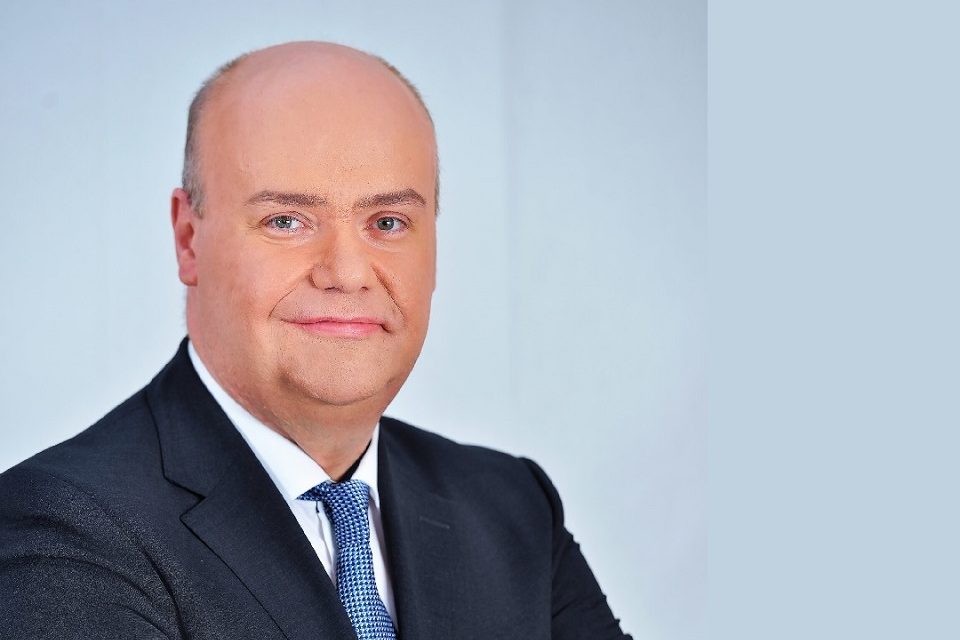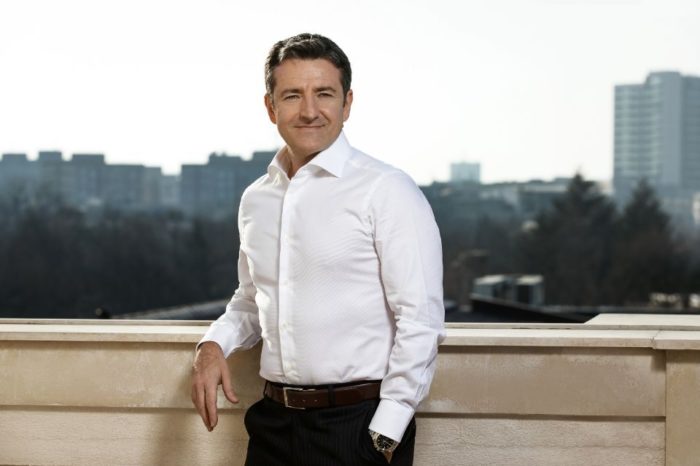Eric Stab, Engie Romania: “We should keep investing in availability of resources, in new generation capacity”

“If we look back at the last 10 years, did our security of supply improve overall with respect to availability of resources? Probably not, for a number of reasons. Look at the main energies. On the electricity side, we’ve clearly seen too little investments into new capacities over the last ten years. With the exception of the renewable energy wave in the early 2010s and the construction of one large CCGT by one major player, not much additional capacity was created and the result of this is that today Romania has become a net importer of electricity when it needs to be a net exporter. So, from that point of view, unfortunately, the situation did not improve that much,” Eric Stab, Chairman & CEO, Engie Romania said during the Energy CEO Forum 2021 organized by The Diplomat-Bucharest.
“If you look at gas, the situation is somewhat similar because we also see there that the level of production is decreasing. There is of course the potential in the Black Sea and I hope we will realize this potential.
If you look at it from the perspective of the networks, there I would say things have improved over the last ten years. We are much better interconnected with neighbouring countries. Clearly that’s a major progress. Things have improved as well in terms of quality of the service for both transmission and distribution of gas and electricity. The area where unfortunately it did not improve is district heating. We all know the situation over there and I’m afraid it’s fair to say that things didn’t get better over the last 10 years.
What shall we do in the next years? Well, we should keep investing into availability of resources, into new generation capacity, and clearly the ambitious goals set by the EU will play a significant role in that respect and I think we will move much more towards less carbon-intensive generation. We should invest in gas as well because we will need gas to achieve Europe’s and Romania’s objectives. We can only hope that gas will be coming soon from the Black Sea to the shore.
Decentralization of energy generation is an unstoppable trend. We’re only at the beginning but this way we will accelerate the decarbonization of our economy. It will create challenges for distribution operators, it will have a big impact on the way larger generation units will be used. The large generation units will have to adapt to what is being generated already on site, to compensate for what is not being done on site.
One aspect that we should bear in mind when speaking about decarbonization of heating is how do we move in cost-efficient way to the target. There are ways to decarbonise natural gas as well. We should speak much more about it. There are ways to produce biomethane in a competitive way.
Another important topic is energy efficiency. It is not only the cheapest way of consuming energy, but it’s also green. If you don’t consume, you don’t produce any greenhouse gas emissions.”
The CEO Forum brings together the decision makers at the Governmental level and civil society and C-level business leaders in the energy sector. The Forum joins on the same stage senior figures, experts and the most knowns specialists in the field, to discuss some of the most pressing aspects of the industry today.
SPEAKERS | CEO FORUM:
CORINA POPESCU, CEO Electrica
ERIC STAB, Chairman & CEO, ENGIE Romania
MIHAI DRAGHICI, Senior Manager, Business Advisory, EY
STEFAN GADOLA, Director General, EnergoBit
RAZVAN COPOIU, CEO Signify Romania
CORNELIU BODEA, CEO Adrem & President, Romanian Energy Center (CRE)
ONDREJ SAFAR, CEO CEZ Romania
VALERIU BINIG, Director, Regulatory and Antitrust, ENEL














